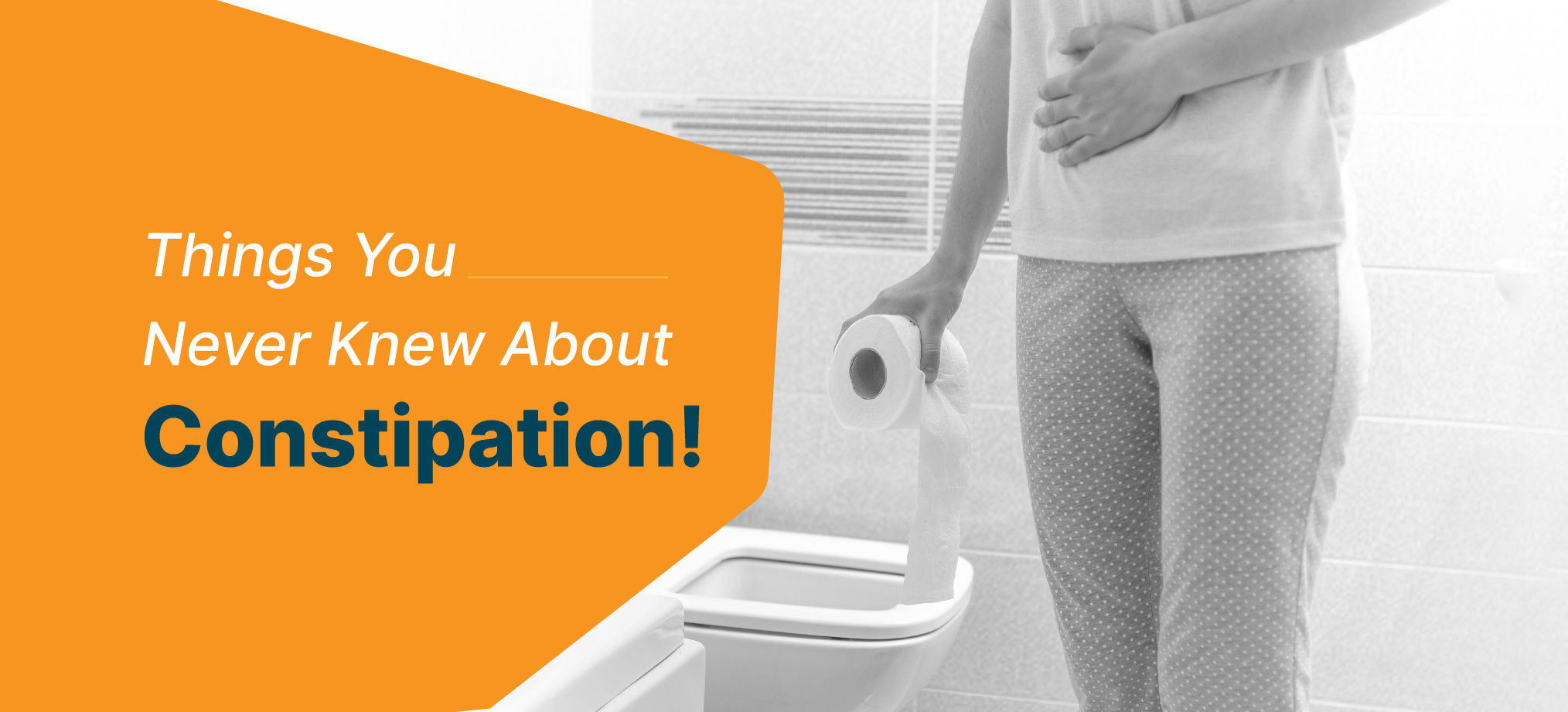Digestive Health
Are Probiotics Safe and Effective for Treating Dyspepsia?
4 min read
By Apollo 24/7, Published on - 10 August 2021, Updated on - 13 December 2022
Share this article
0
32 likes

A new study published in the medical journal The Lancet Gastroenterology and Hepatology says that spore-forming probiotics are safe and effective for treating functional dyspepsia. The findings of the study are significant because prior functional dyspepsia treatments have not shown sufficient efficacy or safety. Currently, proton pump inhibitors (PPIs) are used to treat functional dyspepsia.
PPIs work by reducing the amount of stomach acid made by glands lining the walls of the stomach. Nevertheless, the medication can also cause side effects such as headache, tummy (abdominal) pain, bloating, diarrhea, and feeling sick (nausea). Long-term use may also increase the risk of infectious diarrhea (inflammation of the stomach and small intestine), osteoporosis-related bone fracture, and bacterial overgrowth.
Scientists say the new discovery may pave the way for safe and effective treatment of functional dyspepsia. The article below explores dyspepsia and the study in detail.
About dyspepsia
Dyspepsia, commonly known as indigestion, is a common digestive problem that is characterized by pain in the upper abdomen. It usually occurs after eating or drinking. In most cases of dyspepsia, there is no obvious cause. When there is no identifiable structural or metabolic cause, the condition is referred to as functional dyspepsia. In some cases, functional dyspepsia can indicate an underlying condition, such as gastroesophageal reflux disease (GERD), peptic ulcer disease, gastritis, gallbladder disease, etc.
Some of the most common symptoms of dyspepsia include:
- Pain or burning sensation in the stomach
- Early feeling of fullness during or after eating
- Bloating
- Nausea and vomiting
- Belching and gas
- Acidic taste
- Growling in the stomach.
Factors that are associated with increased risk of dyspepsia include obesity, gender (female), smoking, high intake of alcohol, chronic stress or anxiety, bacterial infection (Helicobacter pylori), overuse of OTC medications like aspirin and ibuprofen, etc.
The study
The study titled “Efficacy and safety of spore-forming probiotics in the treatment of functional dyspepsia: a pilot randomised, double-blind, placebo-controlled trial” was conducted at University Hospitals Leuven in Leuven, Belgium. It was conducted on 68 adult patients aged 18 years and above with functional dyspepsia between June 3, 2019, and March 11, 2020. The patients were randomly divided (1:1) into two groups via computer-generated blocked lists.
The patients were stratified by proton-pump inhibitor status, a type of strong medication that reduces the amount of stomach acid by blocking the enzyme in the lining of the stomach that produces acid. The study participants in both groups were provided 8 weeks of treatment with spore-forming probiotics (Bacillus coagulans MY01 and Bacillus subtilis MY02) or placebo consumed twice per day. The 8-week treatment period was followed by an open-label extension phase of 8 weeks.
The open-label extension phase refers to the period when both the researchers and the participants in a research study know the treatment the participant is receiving. The phase is the opposite of double-blind when neither the researchers nor the participants know what treatment the participants are receiving.
The study didn’t include people with a history of abdominal surgery, diabetes, coeliac or inflammatory bowel disease, active psychiatric conditions, and the use of immunosuppressant drugs, antibiotics, or probiotics in the past 3 months. For research purposes, the symptoms, immune activation, and fecal microbiota of the patients were assessed and recorded.
The primary endpoint (main result) of the study was a decrease of at least 0·7 in the postprandial distress syndrome (PDS) score of the Leuven Postprandial Distress Scale in patients with a baseline PDS score of 1 or greater (at least mild symptoms). Postprandial distress syndrome is a type of functional dyspepsia that is associated with meal-related symptoms such as postprandial (after meal) fullness and early satiation.
The study findings
- The study included 68 patients with functional dyspepsia out of the 93 individuals assessed for eligibility. Of the 68 patients, 51 were women. The median age of the patient group was 40.1 years. Nearly half of the patients (34) were on proton-pump inhibitors.
- As part of the study, patients were randomly assigned to probiotics and placebo groups. 32 patients were assigned to the probiotics group, on the other hand, 36 patients were included in the placebo group.
- The study found that the proportion of patients who showed improvement was higher for probiotics. In the probiotics group, 12 out of 25 patients showed improvement. On the other hand, only 6 out of the 30 patients showed improvement in the placebo group.
- The number of patients with adverse events for probiotics and placebo groups stood at 5 (out of 32) and 12 (out of 36), respectively.
- During the open-label phase of the study, two serious adverse events of appendicitis and syncope were observed in two separate patients. However, researchers deemed the adverse events to be unrelated to the study.
Conclusion
According to the study, spore-forming probiotics - B coagulans MY01 and B subtilis MY02 - are safe and efficacious in the treatment of functional dyspepsia. The study observed that patients had potentially beneficial immune and microbial changes after treatment with the probiotics. Researchers believe that these changes can provide further insights into possible underlying mechanisms as future predictors/treatment targets for functional dyspepsia.
For any questions or concerns regarding digestive health including the use of probiotics, you can consult a gastroenterologist.
You can also explore our range of probiotics to boost your digestive health.
Digestive Health
Leave Comment
Recommended for you

Digestive Health
Why is women’s wellness important?

Digestive Health
Most Googled Questions On Constipation Answered By An Apollo Expert
Constipation can either be the result of your lifestyle habits or a sign of an underlying condition. Read on to know the answers to some of your constipation-related queries.

Digestive Health
Early Morning Practises That Can Help Relieve Constipation
Constipation often leads to gas and abdominal pain. Usually caused by dehydration or an imbalanced diet, prolonged constipation can lead to severe digestive problems. However, adopting some morning practices can help relieve constipation effectively and improve your overall digestive system.
Subscribe
Sign up for our free Health Library Daily Newsletter
Get doctor-approved health tips, news, and more.
Visual Stories

Hidden Health Benefits in a Bowl of Salad
Tap to continue exploring
Recommended for you

Digestive Health
Why is women’s wellness important?

Digestive Health
Most Googled Questions On Constipation Answered By An Apollo Expert
Constipation can either be the result of your lifestyle habits or a sign of an underlying condition. Read on to know the answers to some of your constipation-related queries.

Digestive Health
Early Morning Practises That Can Help Relieve Constipation
Constipation often leads to gas and abdominal pain. Usually caused by dehydration or an imbalanced diet, prolonged constipation can lead to severe digestive problems. However, adopting some morning practices can help relieve constipation effectively and improve your overall digestive system.